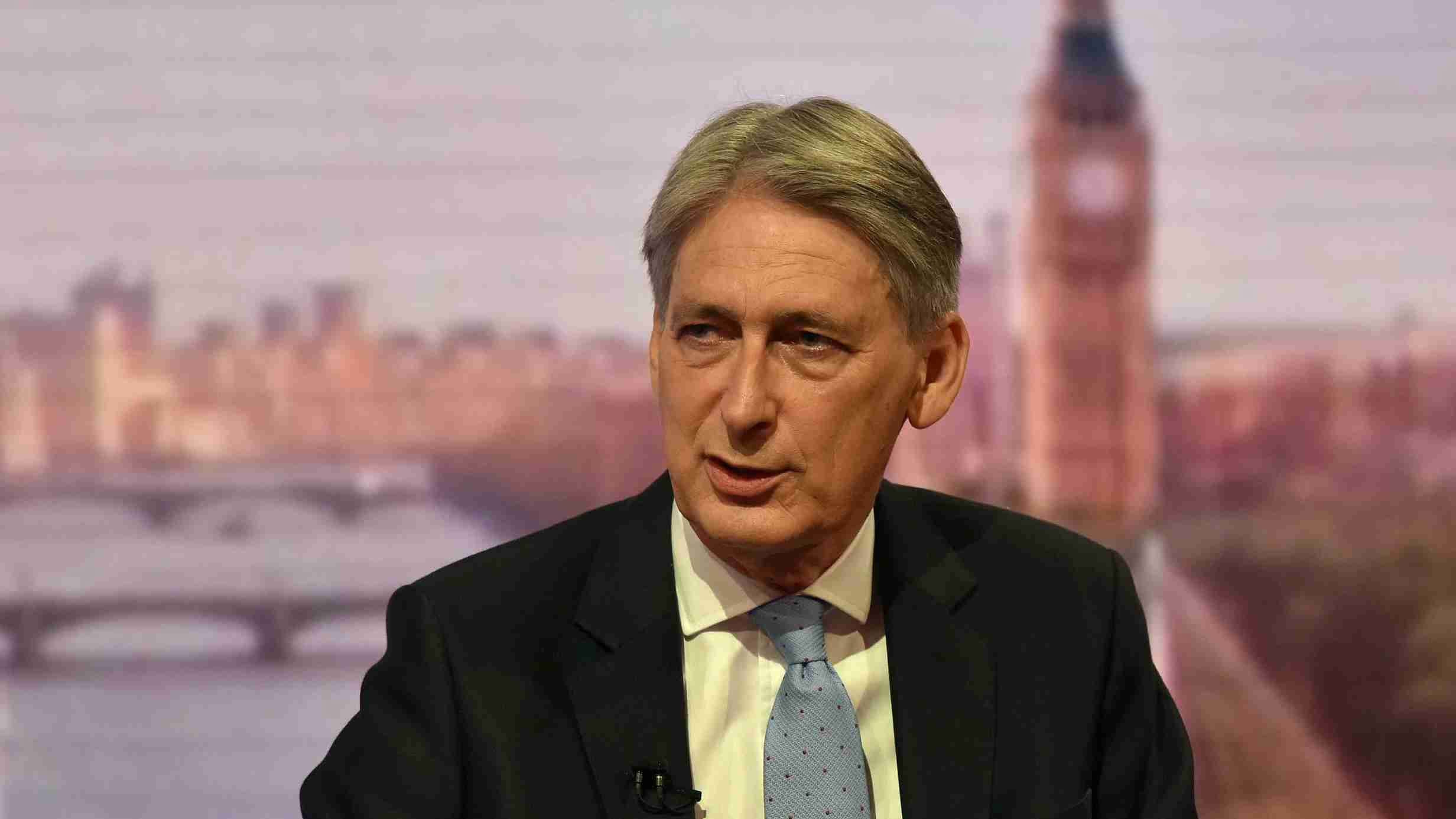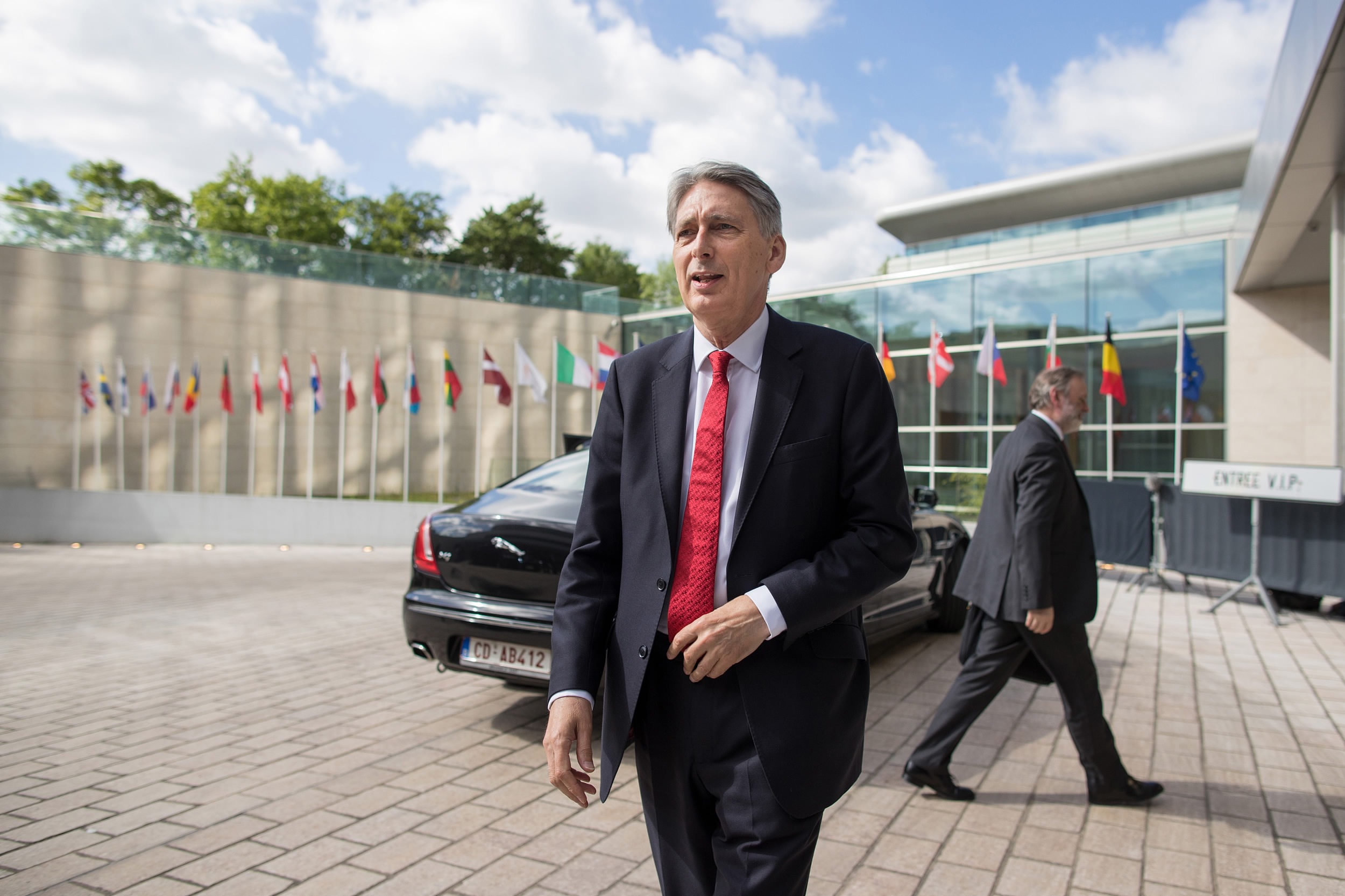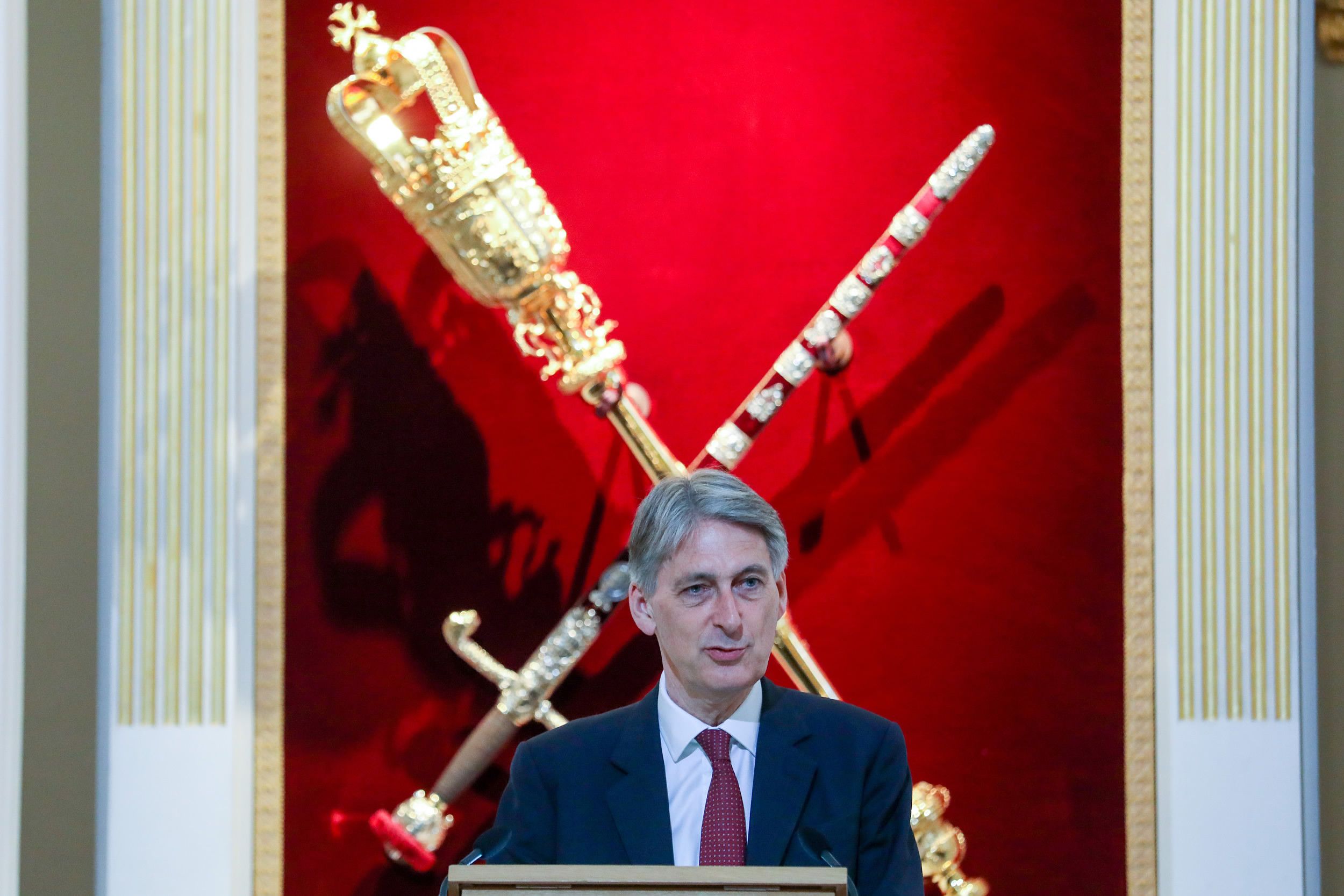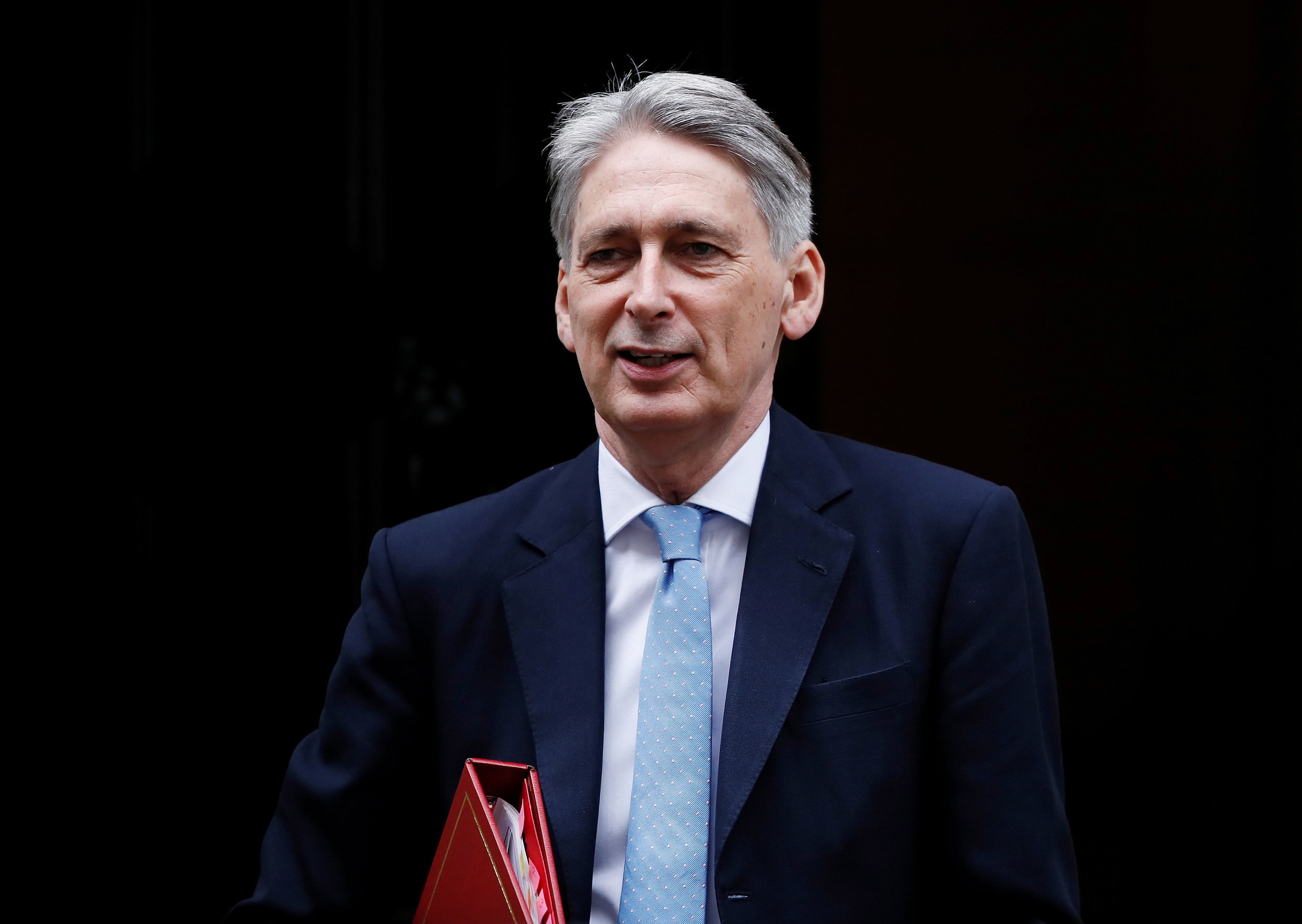
Politics
22:47, 16-Jul-2017
Hammond says UK will pay Brexit debts, admits cabinet splits

Britain's Chancellor of the Exchequer Philip Hammond said on Sunday that Britain will take responsibility for the money it owes the European Union after leaving the bloc, as he acknowledged the cabinet was split over Brexit.
“We are a country that always honors its obligations. If there is any amount that is due when it’s been properly quantified and audited, of course we’ll deal with it,” he told the BBC.
“We’re not a country that walks away from its debts.”

Philip Hammond, UK chancellor of the exchequer, arrives for an Ecofin meeting of European Union (EU) finance ministers, as Tim Barrow, UK permanent representative to the European Union (EU), walks behind, in Luxembourg on Friday, June 16, 2017. /VCG Photo
Philip Hammond, UK chancellor of the exchequer, arrives for an Ecofin meeting of European Union (EU) finance ministers, as Tim Barrow, UK permanent representative to the European Union (EU), walks behind, in Luxembourg on Friday, June 16, 2017. /VCG Photo
Hammond brushed off remarks by foreign minister Boris Johnson that the EU could “go whistle” for its money, saying this was a direct reference to claims that Britain may be asked to pay up to 100 billion euros (112 billion US dollars).
He described this figure, confirmed to AFP by EU officials but never publicly announced, as “ridiculous”.
Hammond confirmed that Britain’s financial settlement would be top of the agenda when the Brexit negotiations, which started last month, resume in Brussels on Monday.

Philip Hammond speaks at the delayed annual Mansion House speech, usually delivered at the annual Bankers and Merchants dinner, at Mansion House in London, UK, June 20, 2016. /VCG Photo
Philip Hammond speaks at the delayed annual Mansion House speech, usually delivered at the annual Bankers and Merchants dinner, at Mansion House in London, UK, June 20, 2016. /VCG Photo
He also said the cabinet was coming closer to an agreement on the need for some kind of transitional arrangement when Britain leaves the EU, which could last "a couple of years”.
But he acknowledged that ministers were divided on other elements of Brexit, after the weekend newspapers were filled with reports of in-fighting, including potentially damaging briefings against him over public sector pay.
“Some of the noise is generated by people who are not happy with the agenda which I, over the last few weeks, have tried to advance of ensuring that we achieve a Brexit which is focused on protecting our economy,” he said.
Since the June 8 election, when the ruling Conservatives lost their majority in parliament, Hammond has been increasingly outspoken about the need to retain economic ties with the EU.

Britain's Chancellor of the Exchequer Philip Hammond leaves Downing Street in London, Britain on June 28, 2017. /VCG Photo
Britain's Chancellor of the Exchequer Philip Hammond leaves Downing Street in London, Britain on June 28, 2017. /VCG Photo
Before the vote, Prime Minister Theresa May had made clear that her priority was cutting immigration, a major issue in last year’s referendum vote to quit the bloc.
But May has struggled to assert her authority since the election, and weeks of media briefings suggest rivals are positioning themselves to replace her.
Hammond insisted he was not part of this.
“I think on many fronts it would be helpful if my colleagues — all of us — focused on the job in hand. This government is facing a ticking clock over the Brexit negotiations,” he said.
(Source: AFP)

SITEMAP
Copyright © 2018 CGTN. Beijing ICP prepared NO.16065310-3
Copyright © 2018 CGTN. Beijing ICP prepared NO.16065310-3